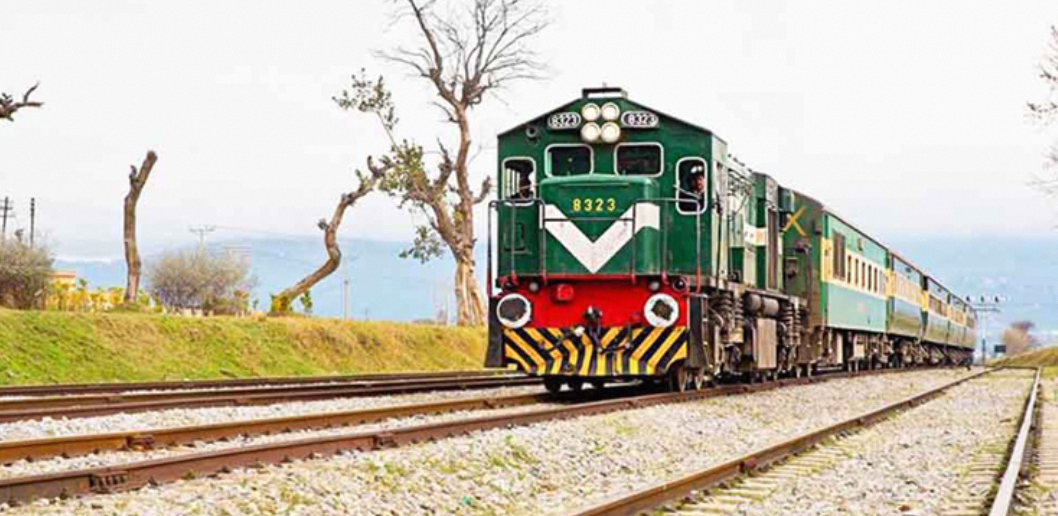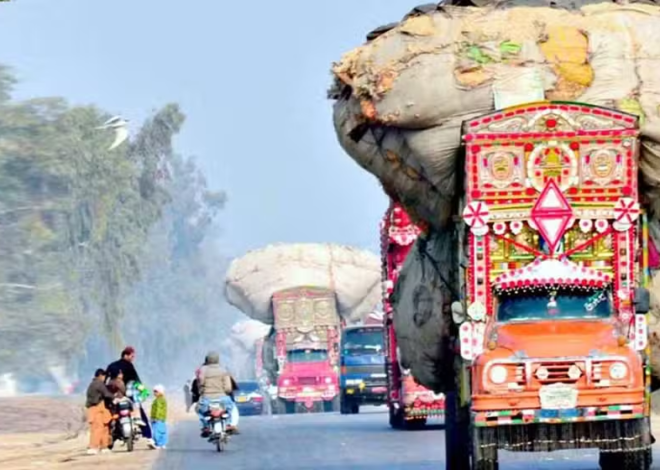
Pakistan Railways Announces Fare Hike Amid Rising Fuel Costs
On Wednesday, Pakistan Railways announced yet another fare increase for passenger, express, and mail trains, marking the second such hike within just 15 days. This decision comes as a direct response to escalating fuel prices, particularly diesel, which have been putting significant financial pressure on the railway department.
Details of the Fare Increase
According to the recent notification issued by Pakistan Railways, a 2 percent fare increase will be implemented for express and passenger trains starting July 4. This increase will also be applied to advance bookings, highlighting the comprehensive nature of the fare adjustment. This move follows an earlier increase on June 18, where passenger train fares were raised by 3 percent and freight train fares saw a 4 percent increase.
Impact of Rising Fuel Costs
The primary catalyst for the fare hike is the continual rise in petroleum product prices, which are critical to the operation of the railways. Diesel, in particular, has seen a significant price jump, contributing heavily to the increased operational costs for Pakistan Railways. An official from the railway department revealed that these rising costs have resulted in a monthly loss of approximately Rs 109 million.
The federal government’s decision to increase petroleum prices further exacerbates the financial strain on the railways. The Ministry of Finance announced a substantial rise in the cost of petroleum products for the fortnight ending July 15. Specifically, the price of petrol rose by Rs 14.80 per litre, bringing it to Rs 266.89 per litre, while high-speed diesel increased by Rs 10.39 per litre to Rs 272.98 per litre.
Compliance and Implementation
To ensure the effective implementation of the new fares, directives have been issued to the Director of IT and the Divisional Superintendents (DS) within Pakistan Railways. These officials are tasked with overseeing the compliance and integration of the updated fares into the railway’s operational systems.
Historical Context
The recent fare increase is not an isolated incident. Pakistan Railways has been grappling with financial challenges for some time, largely due to fluctuating fuel prices and the resulting impact on its operational budget. The previous fare hike on June 18 was a response to similar pressures, illustrating a pattern of adjustments in response to external economic factors.
Broader Economic Implications
The increase in train fares is not just a concern for travelers but also indicative of broader economic trends affecting Pakistan. Rising fuel prices impact various sectors, with transportation being one of the most directly affected. The continuous increase in operational costs for public transportation can lead to higher consumer prices, affecting the cost of living and economic stability.
For daily commuters and those reliant on train services for travel, these fare hikes translate to increased travel expenses, which can further strain household budgets. The decision to increase fares is also a strategic move to mitigate financial losses and ensure the sustainability of railway services amidst challenging economic conditions.
Future Prospects
While the current situation is challenging, steps are being taken to improve the overall infrastructure and service quality of Pakistan Railways. Initiatives such as the introduction of free Wi-Fi services in 40 trains demonstrate efforts to enhance passenger experience and potentially attract more users, which could help offset the impact of fare increases.
Going forward, the railway department will need to balance fare adjustments with service improvements and cost management strategies to navigate the financial pressures they face. The focus will likely remain on enhancing efficiency and exploring alternative measures to reduce dependency on fluctuating fuel prices.







